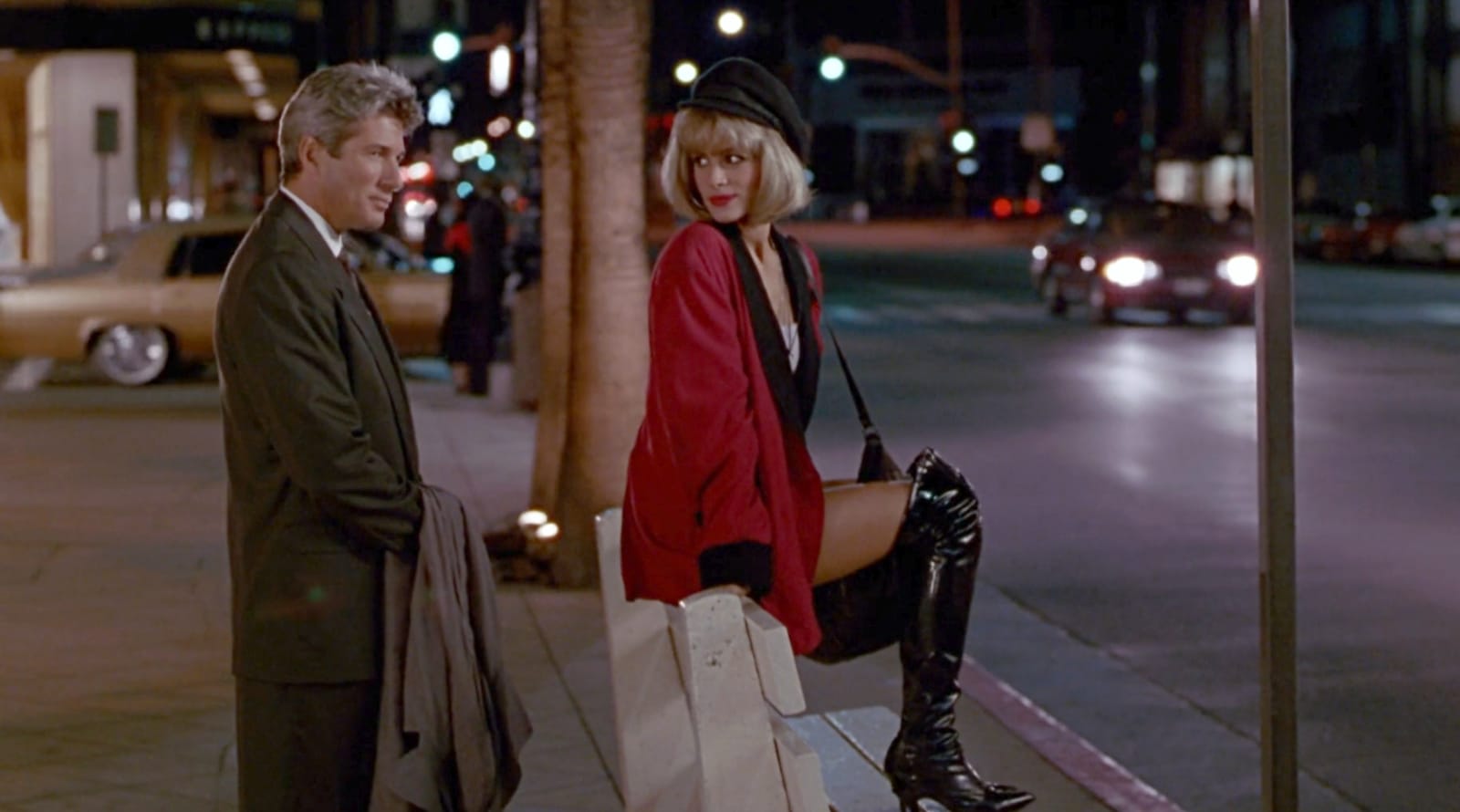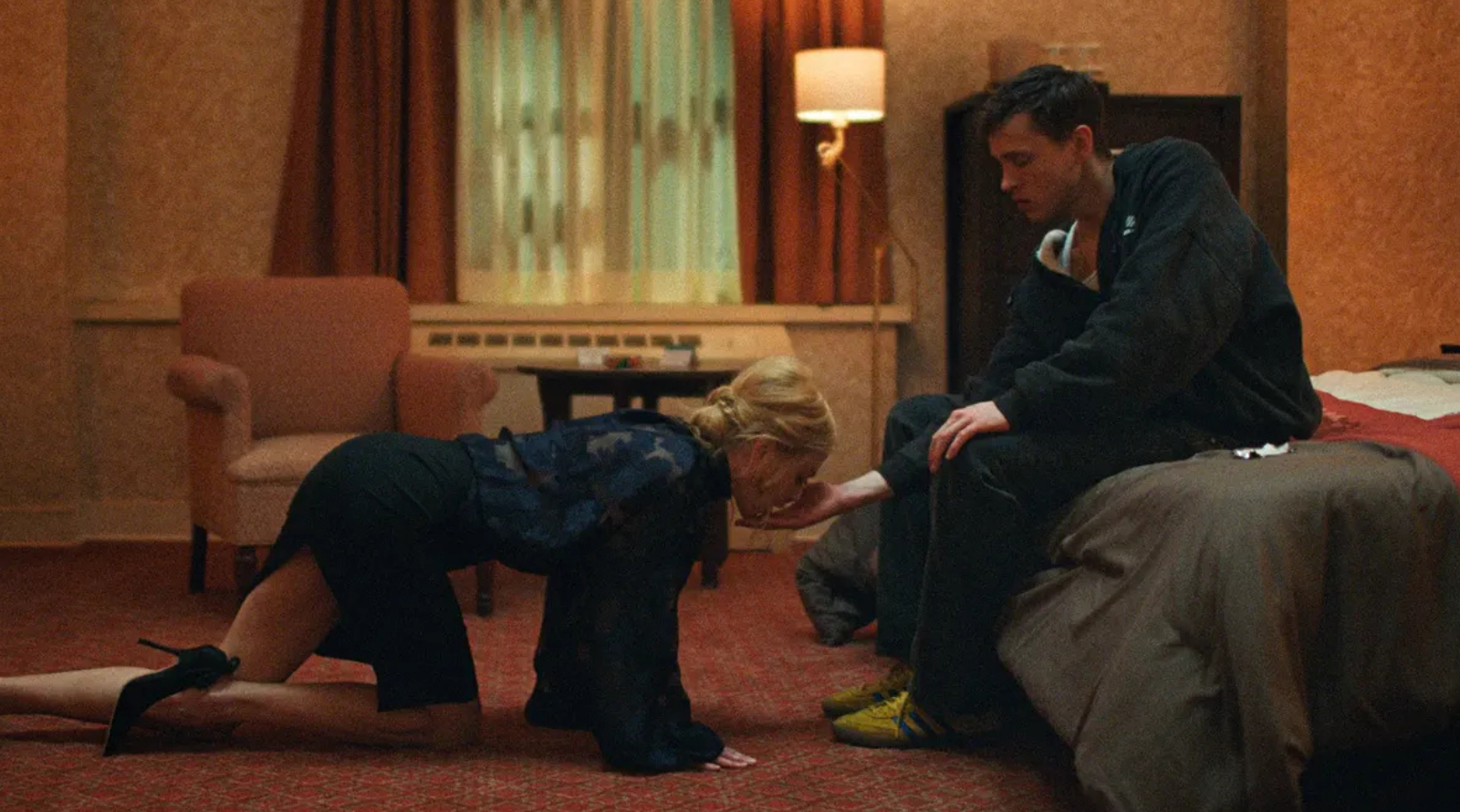I was first introduced to Rent Girl thanks to journalist and author Frankie Miren, who rated it as her favourite sex worker memoir. I purchased it immediately, and was richly rewarded with a beautifully unvarnished, authentic account from author Michelle Tea.
Rent Girl is the first of Tea’s memoirs, beginning with her moving out of her family home at the age of 21 following a repugnant discovery: her stepfather has been spying on her. Broke and rudderless, she enmeshes herself in a lacklustre relationship, moving into her new girlfriend’s home and following her into the sex industry.
Tea’s origin story is one that will doubtless be familiar to many of us in the community. Here, it is not a knee-jerk reaction to the trauma of her stepfather’s abuse or her mother’s failure to support her. It is not something that she feels either particularly excited or devastated to do. It is the means by which she seeks financial stability in the absence of an alternative support network. The neutrality and matter-of-fact tone with which Tea presents her decision to sell sex reflects that it is simply a logical response to her circumstances. Sex work is, first and foremost, a survival strategy.
After an early initiation with her first client, readers are taken on a vivid journey through Tea’s experiences in the sex industry over the following decade. There are distinct similarities with Miren’s own debut novel The Service; the two share a candid and direct approach to describing the realities – whether funny, messy, or grim – of transactional sex. Tea’s wry, forthright prose is exquisitely complimented by illustrations from visual artist Laurenn McCubin. In their rich, earthy palette, these images strike the pitch perfect note of being beautiful but not titillating. Despite their subject matter – nudity, sex work, queer women – the male gaze feels distinctly uncatered to.
Sex work is, first and foremost, a survival strategy.
What struck me on rereading Rent Girl for this review is how intensely relatable it all still is, despite being published 20 years ago. The absence of smartphones – several illustrations featuring corded landlines filled me with nostalgia – is really the only thing that betrays its era. Otherwise, it could have been written today. The world which Tea so astutely captures, of being broke and messy and in bad relationships and flirting with veganism and just muddling through, is truly timeless.
From a sex worker’s perspective, there were so many moments that I recognised from my own life. These were often comical: posing as your own receptionist; adopting different personas courtesy of a host of bad wigs; faking ridiculous orgasms with men who are determined that “we both have a great time”(!) Some were also profound. Tea describes looking in the mirror and awaiting a wave of revulsion at now being a “whore” that simply never comes, a ritual that I experienced to the letter.
Where Tea and I diverge is her unease with the ubiquitous fallback option that the sex industry presents. Even as I have reduced my reliance on sex work, I take sincere comfort in knowing which of my old workplaces are still operating, or where I can advertise for new clients again if I need to. I have contemplated less conventional forms of self-presentation and eschewed them in favour of still maximising my chances of making the most money possible – being “the Coldplay of sex workers” (to quote one of my all-time favourite memoirs, Skint Estate by Cash Carraway). I feel safer to pursue my own dreams in the knowledge that, if the shit hits the fan, I can always go back.
Tea describes looking in the mirror and awaiting a wave of revulsion at now being a “whore” that simply never comes...
Tea, on the other hand, wants to make going back impossible. She takes active measures to reduce her earning potential and minimise sex work as an option in her life. This includes acquiring deliberately lurid tattoos as a means of reclaiming her own body and reducing her appeal to would-be clients. Her actions imply a certain concern on her own part about her susceptibility to getting stuck in a rut, and making her body in her own image is a means by which she ensures that she continues to strive for her dreams. Tea finds the perfect balance between not condemning her years in sex work while also making clear that it is not what she wants to do forever, and I loved this as a perfectly reasonable and refreshing position to take on any job. Given that she now has a wealth of bylines and over a dozen books under her belt, I’d say that her efforts were pretty damn successful.
I’ll concede that I was a little disappointed by the ending; primarily, I think, because it was ending. Rent Girl is such a funny, honest, intimate and sometimes painful read that I simply didn’t want it to be over. There is little resolution offered to the greater conundrums posed. Instead, we must settle for a throwaway, tongue-in-cheek conclusion, where Tea and her new, younger girlfriend forgo their dreams of an overseas holiday and settle for a domestic trip to Disneyland instead. But this speaks to the authenticity of the writing; this book feels utterly true to Tea’s life, and life is not usually about neat endings – especially for someone still in their early 30s. At this stage, where most of us are still getting by and have yet to figure out answers to the bigger questions, what is life if not a series of minor resolutions, small victories and incomplete conclusions?
And, given that this book is just one among her many memoirs, there is always the next instalment. I’ve got Knocking Myself Up in my sights.
Are you a sex worker with a story, opinion, news, or tips to share? We'd love to hear from you!
We started the tryst.link sex worker blog to help amplify those who aren't handed the mic and bring attention to the issues ya'll care about the most. Got a tale to tell? 👇☂️✨




